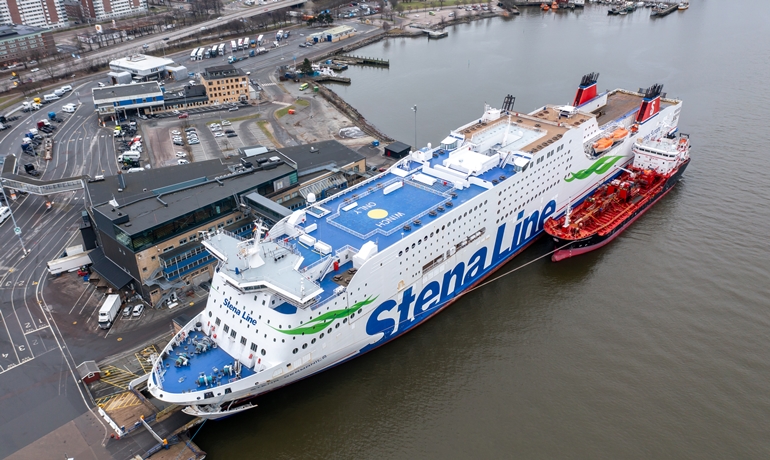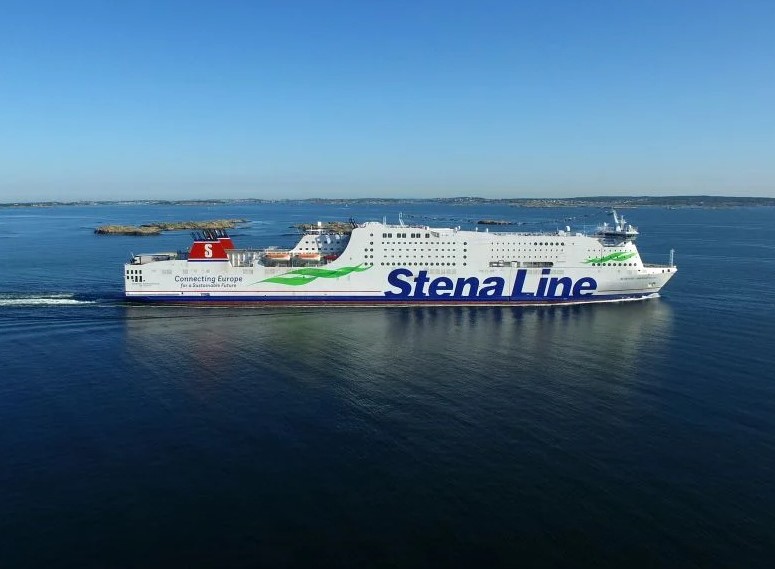A recent report by the classification society Lloyd’s Register delves into the feasibility of a full methanol retrofit for passenger ships compared to alternative fuel options.
Titled ‘Fuel for Thought: Methanol for Passenger Ships,’ the report unveils that passenger ships retrofitted with methanol dual-fuel engines incur a significantly higher total cost of ownership (TCO) over a 15-year period than ships utilizing blended fuels (Blend B30), heavy fuel oil (HFO), or HFO equipped with onboard carbon capture and storage technology (oCCS).
The analysis, centered on a scenario where 65% of voyage time occurs in EU waters, pinpoints the bunkering price of methanol as the primary commercial obstacle hindering its widespread adoption.
Surprisingly, the use of fossil-based (grey) methanol emerges as a more financially attractive option for passenger ship operators compared to a blend of 50% grey, 25% bio-, and 25% e-methanol, even when factoring in EU emissions taxes.

Report Finds Retrofitting Passenger Ships with Methanol Less Commercially Appealing (Credits: Shippax)
Despite these cost challenges, the report underscores methanol’s technical viability as a marine fuel for passenger ships seeking to curtail carbon emissions, owing to its compatibility with existing fuels.
Notably, successful retrofit projects like Lloyd’s Register’s endeavor with the Stena Germanica in 2015 exemplify feasible paths towards incorporating methanol propulsion in the sector. This feasibility is mirrored in the global order book, where passenger ships of varying sizes await delivery, spanning from small inland vessels to colossal cruise liners.
Moreover, the report advocates for increased investment in green and bio-methanol production, alongside enhancements in bunkering infrastructure, to bolster fuel availability and drive down costs to a commercially feasible level.
Natasha Pritchard, VP of Strategic Key Accounts (Cruise) at Lloyd’s Register, emphasized the significance of these findings, noting that while methanol holds promise as a low-carbon solution for passenger ship propulsion, its TCO compared to other fuels may impede widespread adoption in the segment.
Pritchard stressed the necessity of prioritizing renewable and low-carbon methanol production to mitigate these cost challenges and facilitate the energy transition pathway for passenger ships.























